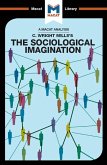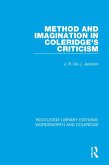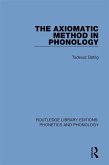Durkheim's aim was to analyse the nature of suicide in the context of society itself - examining it not just as an individual decision, but one in which different social factors played important roles. In order to do this, it was vital that he both define and classify suicide into subtypes - kinds of suicide with different causal factors at play. From his research, Durkheim identifed four broad types of suicide: egoistic (from a sense of not-belonging), altruistic (from a sense that group goals far outweigh individual well-being), anomic (from lack of moral or social direction), and fatalistic (in response to excessive discipline or oppression). These definitions opened the way for Durkheim to pursue a close social analysis examining how each type related to different social contexts.
While his study is in certain ways dated, it remains classic precisely because it helped define the methodology of sociology itself - in which interpretative skills remain central.
Dieser Download kann aus rechtlichen Gründen nur mit Rechnungsadresse in A, B, BG, CY, CZ, D, DK, EW, E, FIN, F, GR, HR, H, IRL, I, LT, L, LR, M, NL, PL, P, R, S, SLO, SK ausgeliefert werden.









